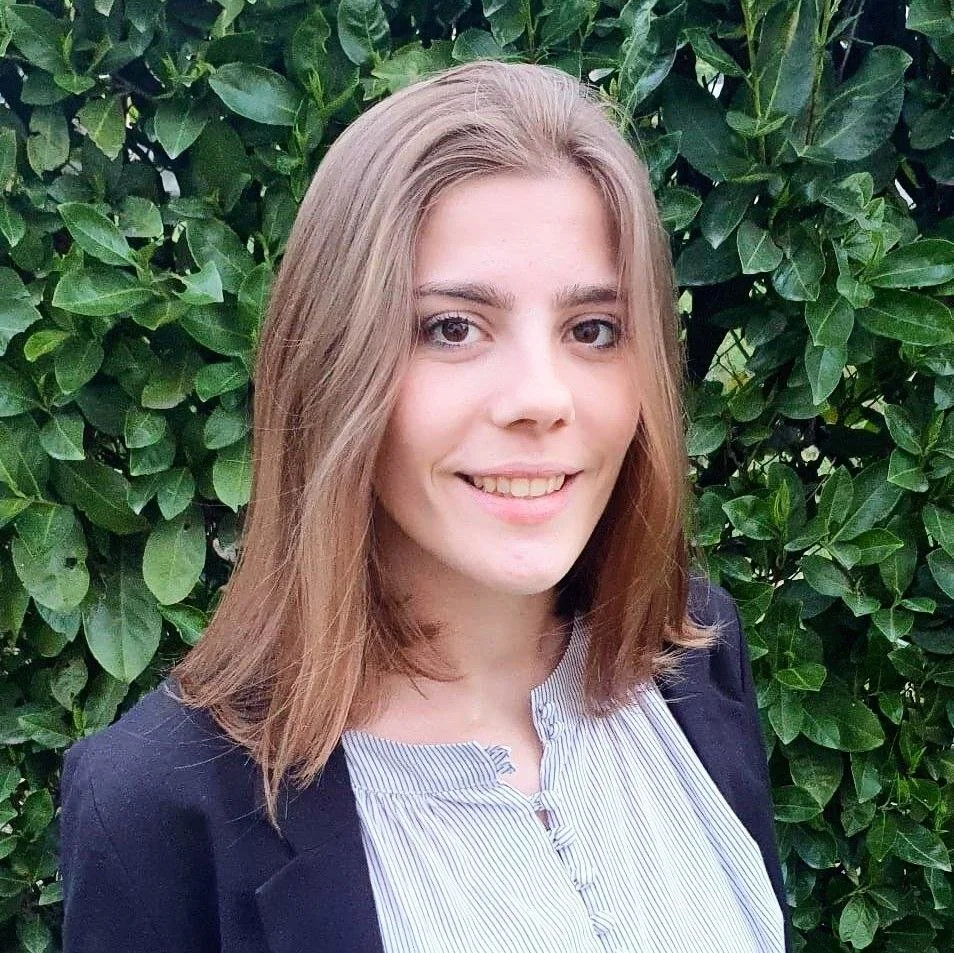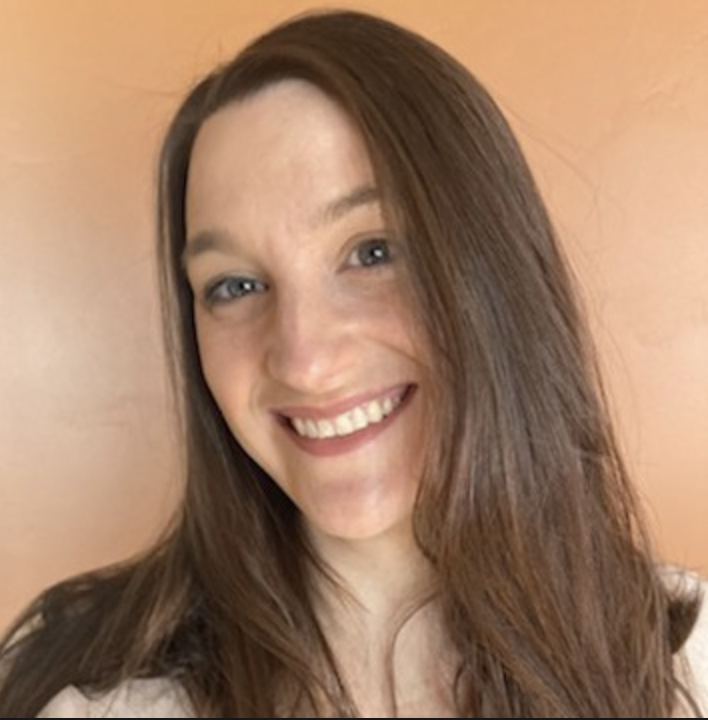Leadership
Executive Committee
-

Stylianos (Stelios) Syropoulos
President
Stylianos (Stelios) Syropoulos, PhD is a postdoctoral research fellow at the Schiller Institute for Integrated Science and Society. He received his PhD in Social Psychology and the Psychology of Peace and Violence at the University of Massachusetts Amherst. He has served in leadership roles in the division for the past 3 years. His research focuses on the reasons why people choose to act proenvironmentally or prosocially, especially when such actions come at a personal cost. Contact.
-

Linda Silka
President Elect
Dr. Linda Silka is a social and community psychologist. She recently served as president of APA Division 9. Her psychology environmental scholarship has included building community-university research partnerships on environmental issues. As Professor of Psychology at the University of Massachusetts Lowell she directed the Center for Family, Work, and Community and served as the Special Assistant to the Provost for Community Outreach and Partnerships. Dr. Silka is now Senior Fellow at the UMaine Center for Sustainability Solutions. She has led research partnerships on the Southeast Asian Environmental Justice Partnership and the HUD-funded Healthy Homes Initiative, and a co-leader of the UMaine Mitchell Center’s statewide project to use research to involve diverse groups in addressing impacts of climate change. She is also a member of a New Hampshire-led research initiative to identify strategies for addressing climate change impacts on coastal infrastructure. Contact
-

Hale Forster
Past President
Hale Forster, PhD is a behavioral scientist with over a decade of experience applying behavioral science ideas and research approaches to support the design of effective decarbonization interventions. Prior to leading Behavioral Science at Limetree, she was a Managing Director at the See Change Institute and a Senior Consultant at Research into Action. She received her PhD in Psychology from Columbia University, where she conducted research at the Center for Research on Environmental Decisions. Her research explores how people make decisions about their energy use and how to leverage behavioral science principles to design effective energy and climate policies. Contact.
-

Katherine Lacasse
Treasurer
Katherine Lacasse is an associate professor of psychology at Rhode Island College. Her research focuses on risk perceptions and behavior change as applied to climate change, local ecosystems, environmental infrastructure projects, and health behaviors. Much of her recent work is conducted as part of interdisciplinary teams, focused on incorporating human social system feedbacks into climate models. She teaches graduate and undergraduate courses in social psychology, research methods, and internships and career preparation. Contact.
-

Nancy Piotrowski
APA Council Representative
Nancy Piotrowski works as a professor, researcher, consultant, advocate, and psychological services provider. Trained as a clinical psychologist, she has 25-plus years of professional experience working at the local, state, federal, and international levels. She is interested in the transtheoretical model of change, expectancies, and how models of addiction may help influence science in the area of environmental, population, and conservation psychology. Piotrowski is currently studying community engagement strategies related to prevention of negative health consequences from poor air quality. She is specifically examining readiness strategies to engage citizens with multiple vulnerabilities who are suffering environmental injustice due to cumulative impacts from fires, drought, industrial pollution, and barriers to accessing physical and mental health care. Contact.
-

David Hindin
Secretary
David Hindin is using his legal, behavioral science, leadership, and storytelling expertise to advance sustainability. David was an enforcement attorney and senior executive in the U.S. Environmental Protection Agency. His career included: developing and implementing regulatory and voluntary programs; litigating enforcement cases to reduce pollution; managing information systems; promoting public access to government information; strategic planning; and using evidence and behavioral science to modernize programs. He has published papers on the potential of advanced monitoring technology to reduce pollution, how to design effective rules, the root causes of our environmental crises we prefer to ignore, and promoting collaboration among land conservation and affordable housing organizations.
David has a BS from University of Michigan, an MS in psychology from Arizona State University and a J.D. from University of California, Berkeley. David was a Harvard University Advanced Leadership Initiative 2021 Fellow and 2022 Senior Fellow. Contact.
-

Meaghan Guckian
Member-at-large: Chair of Awards Committee
Meaghan Guckian is core faculty in the Environmental Studies Department at Antioch University New England. Her work examines how social, psychological and contextual factors interact to influence individual and collective environmental decision-making. She is particularly interested in how social motivations and interactions buttress or inhibit positive engagement with the environment. She holds a PhD in environmental conservation from the University of Massachusetts Amherst. Meaghan teaches courses on conservation psychology, environmental decision-making, and environmental communication. Contact.
-

Elisa Tedaldi
Member-at-large: Chair of Communications Committee
Elisa has a Bachelor's and Master's degree in Cognitive Science and she is currently a third and final year PhD student in Psychological Science at the University of Padua (Italy). Her research focuses on how people perceive the risk of climate change, how they make pro-environmental decisions, especially in high-impact behaviors (e.g., in energy and food sectors), how the perceived responsibility to engage in climate action plays a role in such decisions, and, finally, how climate perceptions and decision-making processes change across cultures. Contact.
-

Elizabeth Meshes
Member-at-large: Membership Chair
Elizabeth Meshes, PhD, BCBA-D is a passionate environmentalist and Assistant Professor at The Chicago School, based in Southern California. Her research lab focuses on the most pressing issue facing people today: climate change. This lab focuses on pro-environmental behavior change at the individual level that contributes to greenhouse gas emissions, water waste, and sustainable and regenerative practices. Contact.
Student Committee
-

Kaya Frallicciardi
STUDENT COMMITTEE CHAIR
Appointed Positions
-

Jeremy Bekker
WEB MASTER
